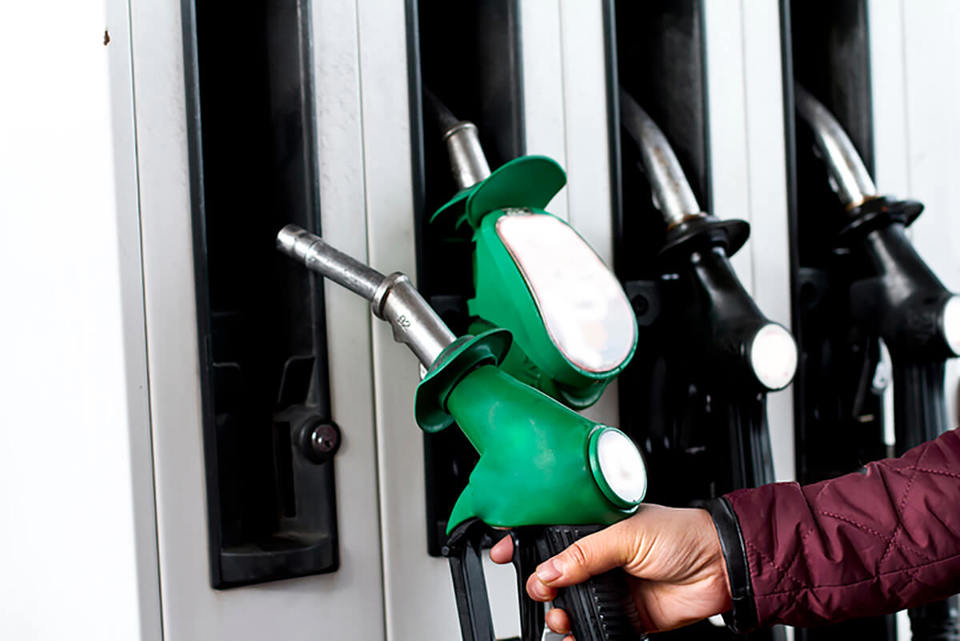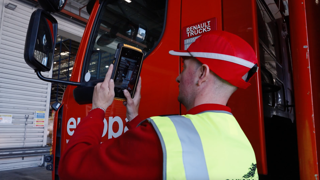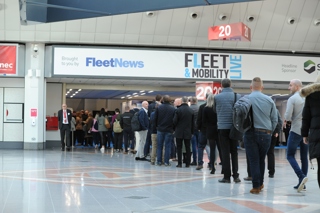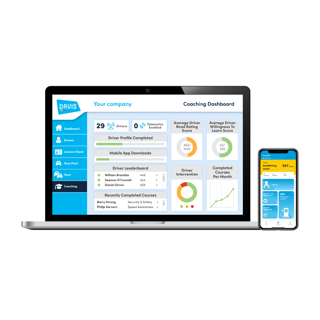TMC’s Jackson agrees: “Firms tend to overpay for business mileage/fuel or under-recover private fuel costs – mainly due, in both cases, to employees exaggerating their business miles or fuel consumption.”
Indeed, TMC estimates that mileage misreporting by drivers costs UK companies between £1 billion and £1.5 billion a year.
“This drives up fleet costs unnecessarily,” adds Jackson. “And, if HMRC spots the mileage discrepancy, it could leave businesses open to potentially severe penalties because the company is effectively paying for fuel used privately, making the drivers liable for fuel BIK and the company for Class 1A NICs on the benefit.”
TMC reckons nine out of 10 companies would risk penalties if a tax inspection looked at their business mileage records (see Fleet News, February 2, 2012).
A number of firms have already been hit by six- or seven-figure claims for fines and back tax following detailed HMRC investigations into fuel expense payments and mileage logs.
Closely monitoring actual mileage used both business and private mileage is vital, but is more difficult on an AFR-based pay-and-reclaim system.
“My advice to fleet managers is to ensure you have a robust mileage capture system in place that will enable you to monitor the fuel you actually use and make sure that your drivers are paid accordingly,” says Jenner.
“By far and away the easiest way is to give everybody a fuel card; the company then pays all the fuel bills and the drivers repay their private mileage. More importantly, a mileage capture system will allow fleet managers to monitor ad hoc users who are able to claim back a massive 45ppm
"Do fleet managers know when these drivers should only be claiming 25ppm because they have gone over the 10,000-mile threshold?”
The growing awareness of the cost of fuel, tax compliance risks and the need to ensure that fuel use is productive and accurately paid-for has led to a big increase in the use of online mileage recording services.
TMC Mileage Audit has doubled its user base to more than 100,000 drivers since 2009.
Accurate and auditable mileage recording is essential if employee business and private mileage records are to meet HMRC’s rules and journey expenses claims need to be under strict control.
To help businesses undertake mileage ‘due diligence’ and their drivers keep accurate journey records, Euroshell fuel cards can be married to Shell’s online journey management system to split private and business mileage.
“A failure to record comprehensive journey details may well result in employees paying additional benefit-in-kind tax and employers paying Class 1A National Insurance contributions on the benefit payment due,” says Phil Williams, UK fleet sales manager, Euroshell.
“Additionally, as employers and employees must demonstrate that HMRC’s compliance rules are met, it is vital to be able to provide an auditable record to the taxman.
"It is a far simpler administration task to encourage employees to record journey details as they occur on a day-by-day basis rather than to attempt to compile a record if HMRC launches a probe.
"Daily online mileage management limits the exposure to an investigation by the taxman.”
Employers must be able to substantiate the end-of-year returns they make on P11D forms and where a ‘nil return’ is declared, it is necessary to demonstrate that compliance rules have been met in practice as well as in theory.
A similarly efficient system is also essential in relation to light commercial vehicles. Employees who drive a company-provided van on private trips and use employer-provided fuel will face benefit-in-kind tax bills based on a £3,000 charge for the van and £550 for the fuel unless use is deemed ‘insignificant’.
Once again, any benefit-in-kind charge will also attract employers’ Class 1A National Insurance liability.
The tax rules state that employers “need to keep sufficient records” to prove that there is no private use and recommend that mileage records are kept to show how vans are used.
Meanwhile, the tax rules advise employees to keep their own mileage records.
A further benefit of online mileage capture is that phantom fuel purchases made by employees can be pinpointed thus keeping fuel budgets in check.
Additionally, tracking both business and private miles enables fleet operators to identify future carbon footprint reduction and fuel saving opportunities by clamping down on any journeys that may be deemed ‘unnecessary’.



















Login to comment
Comments
No comments have been made yet.